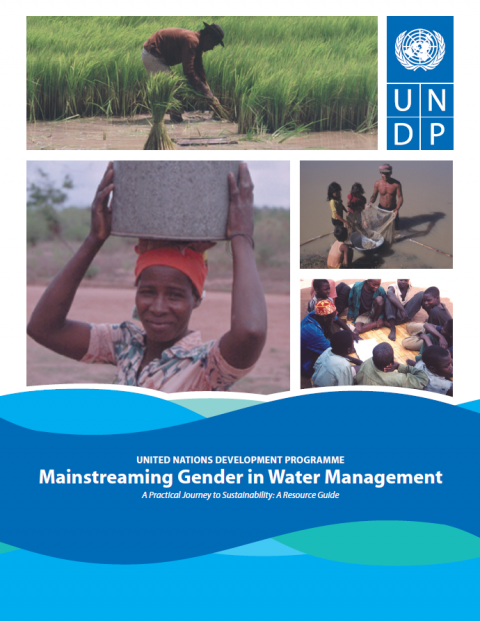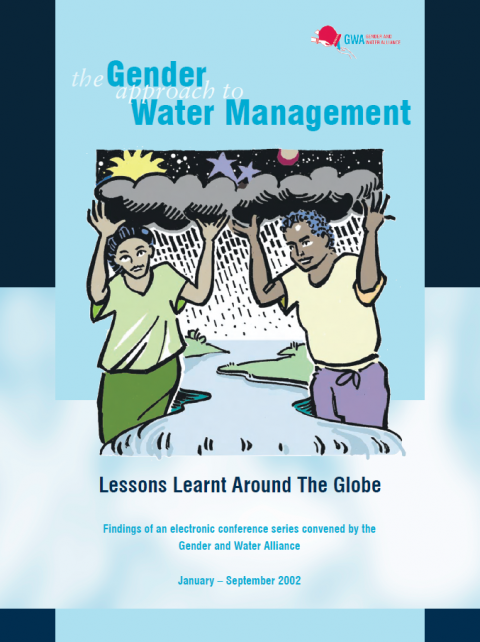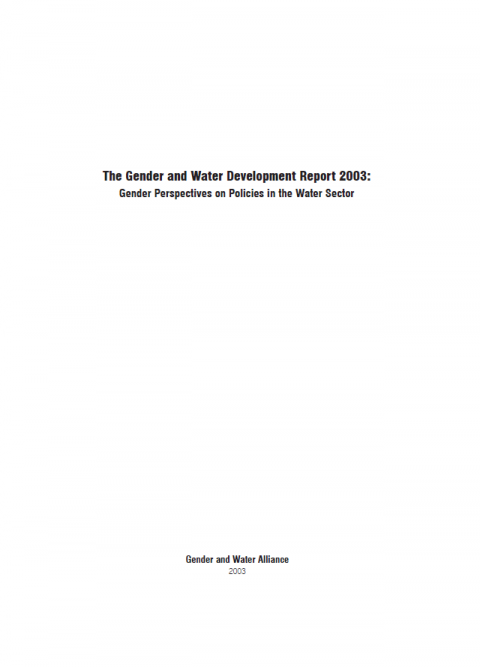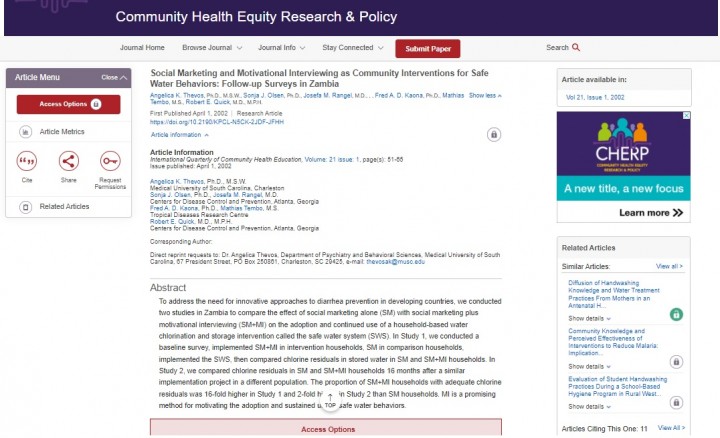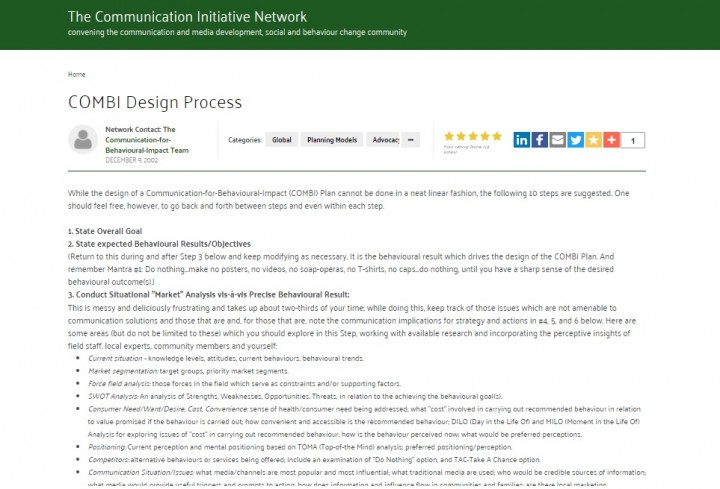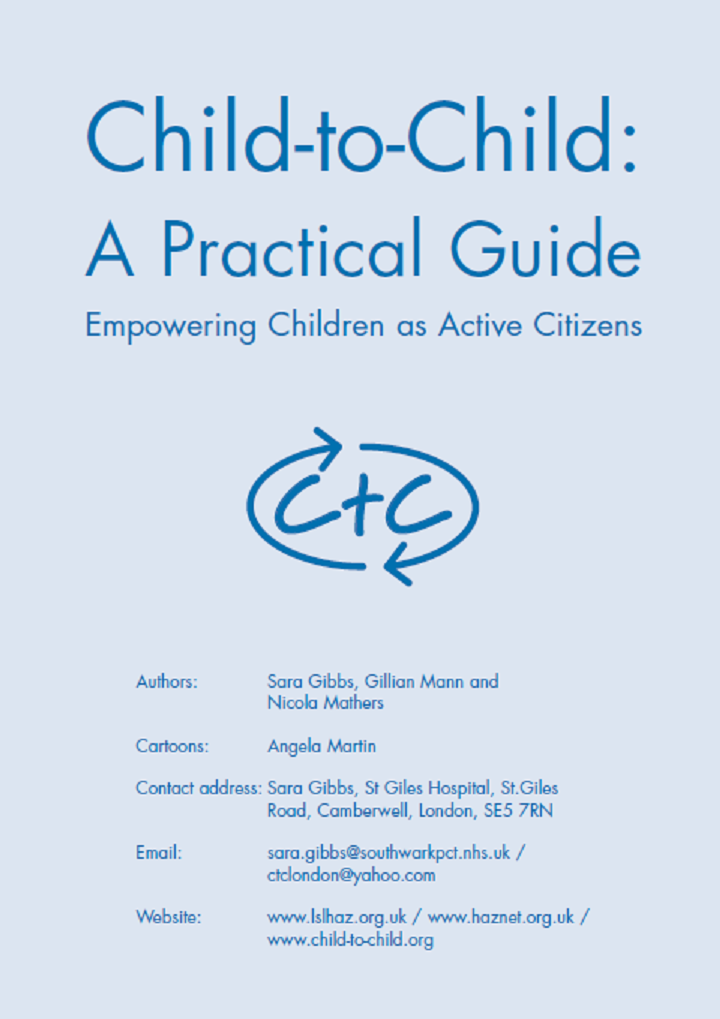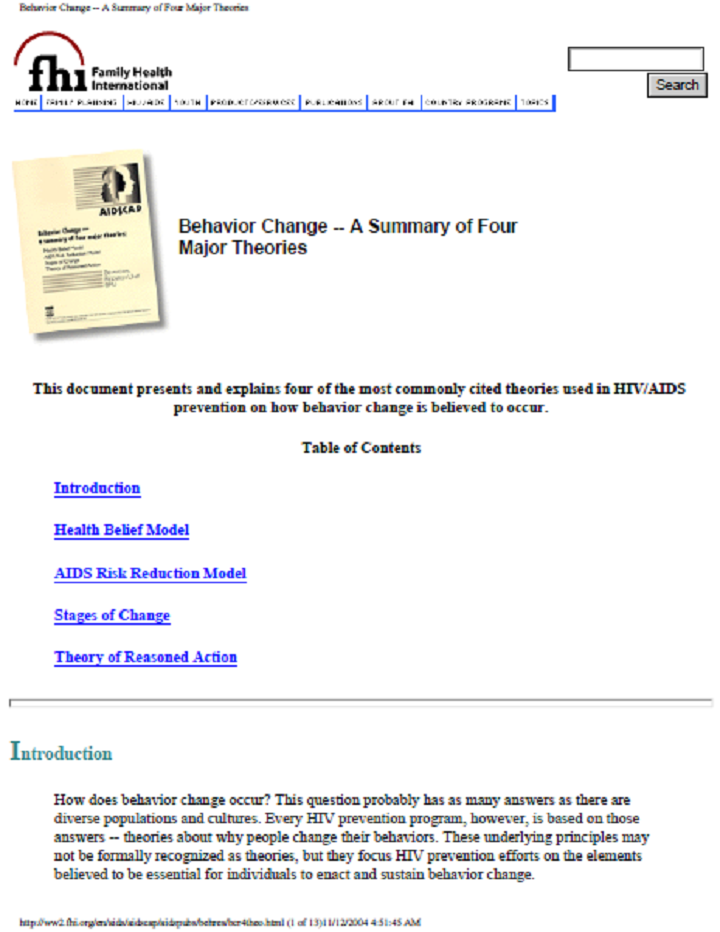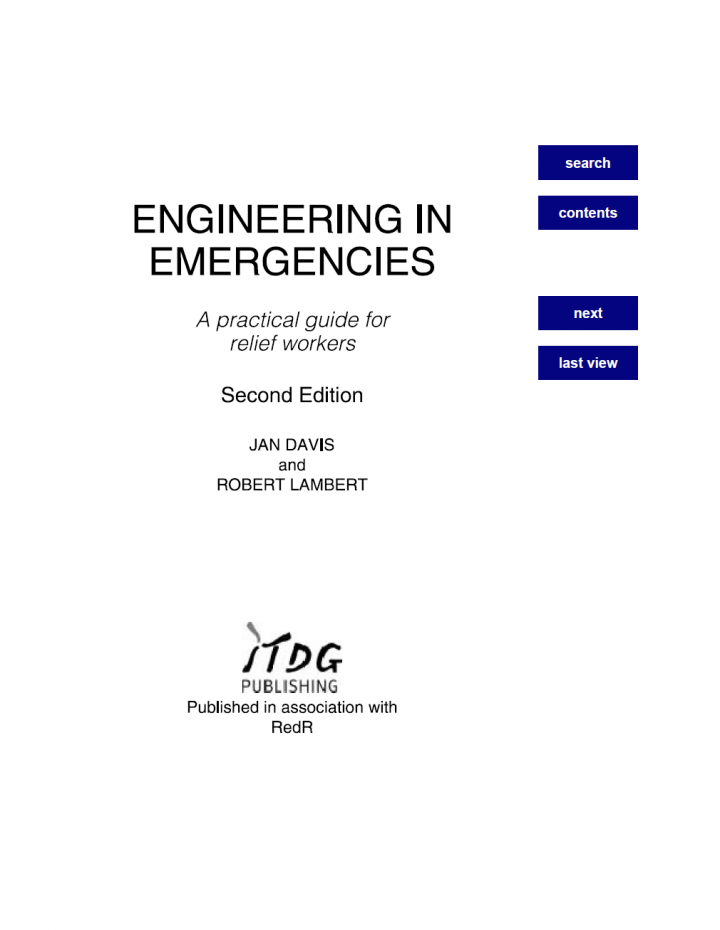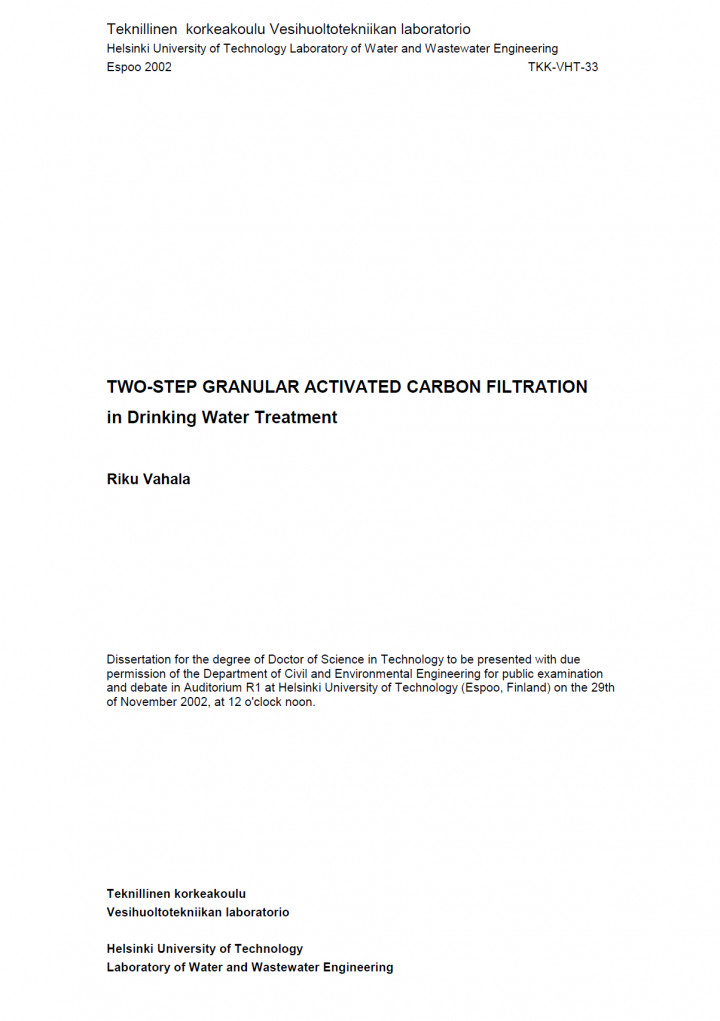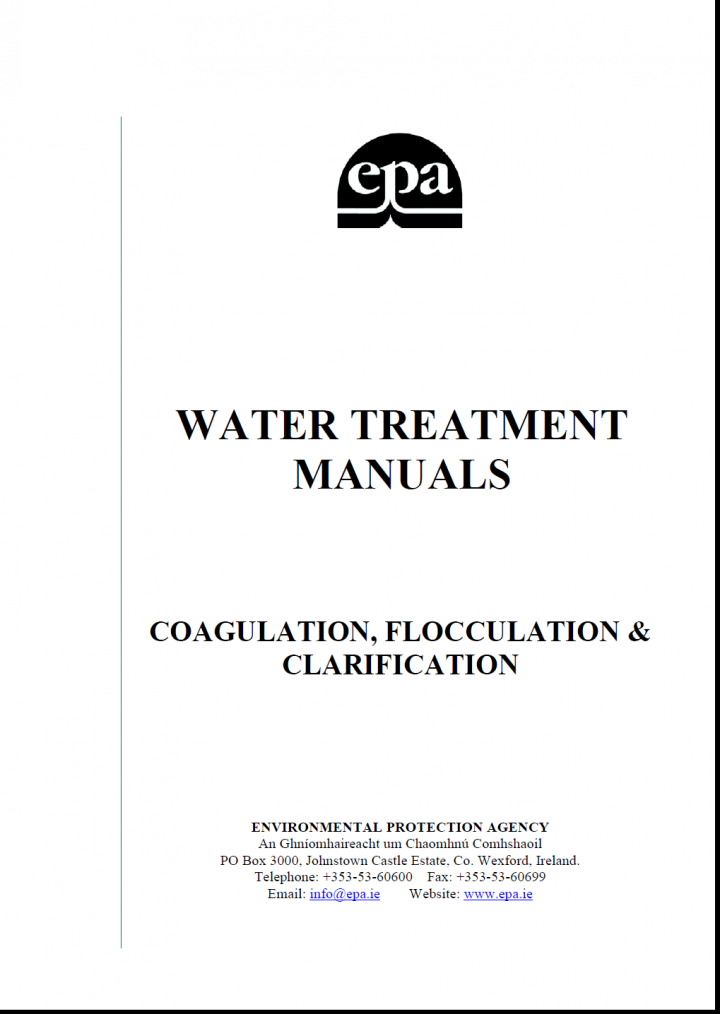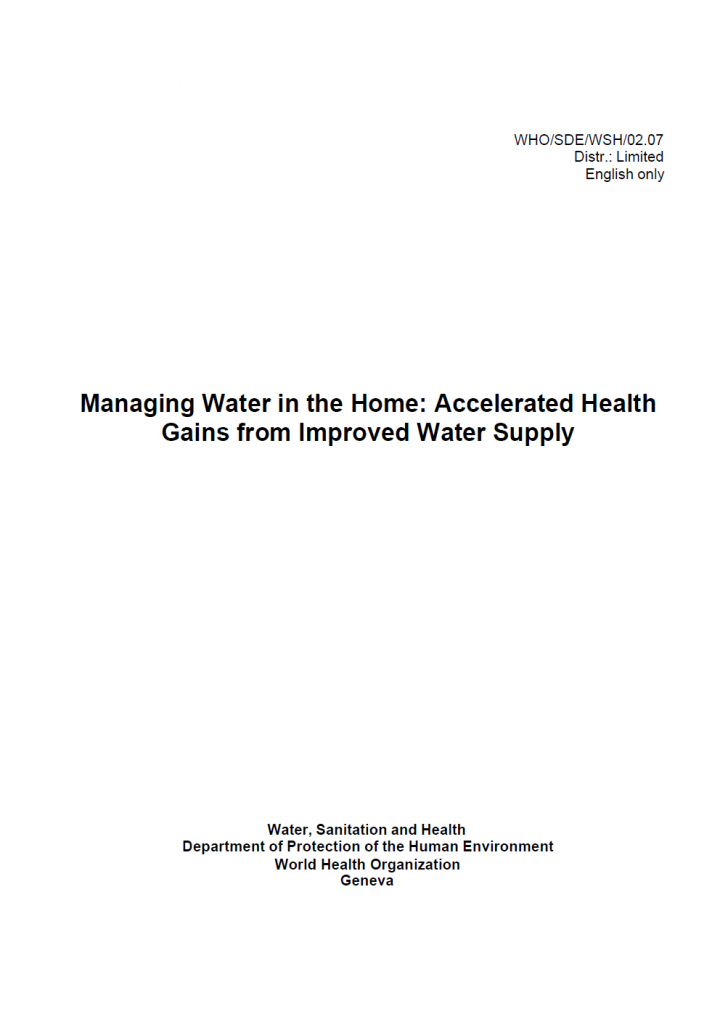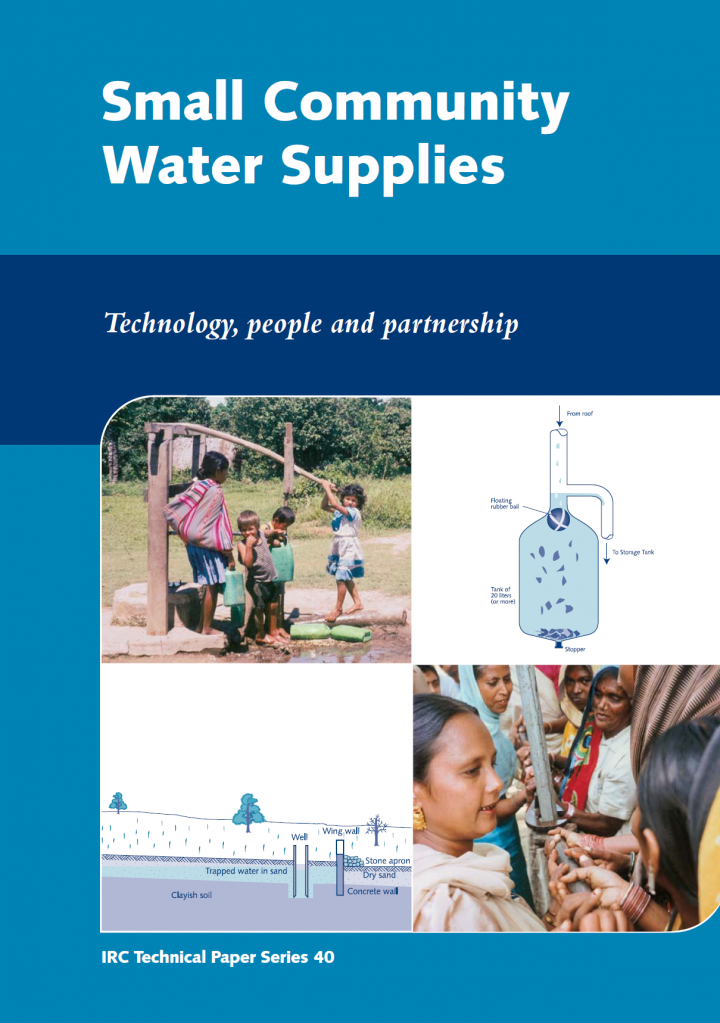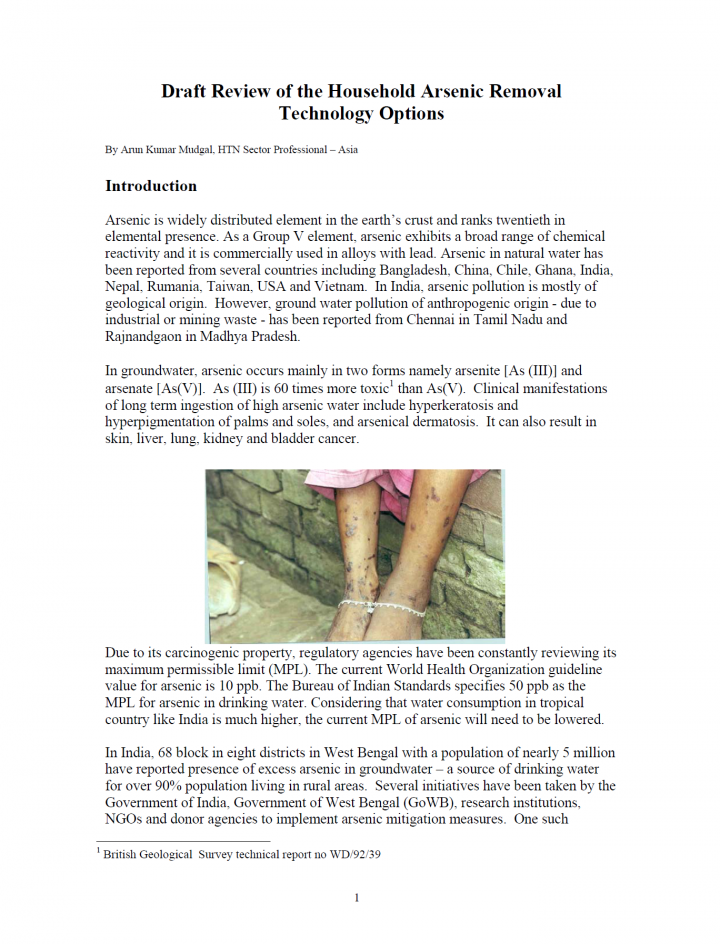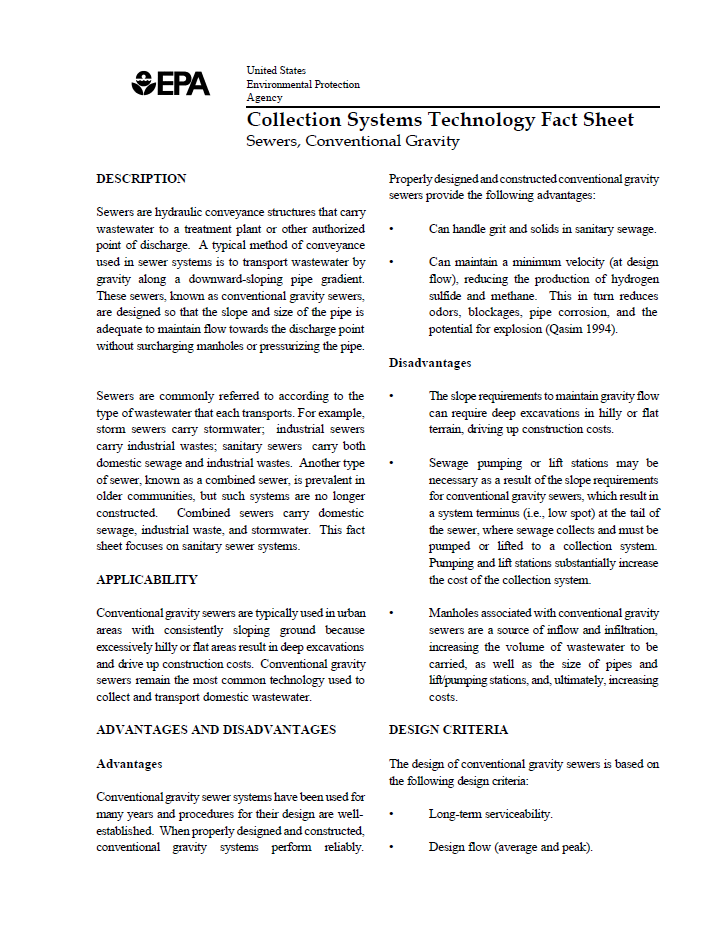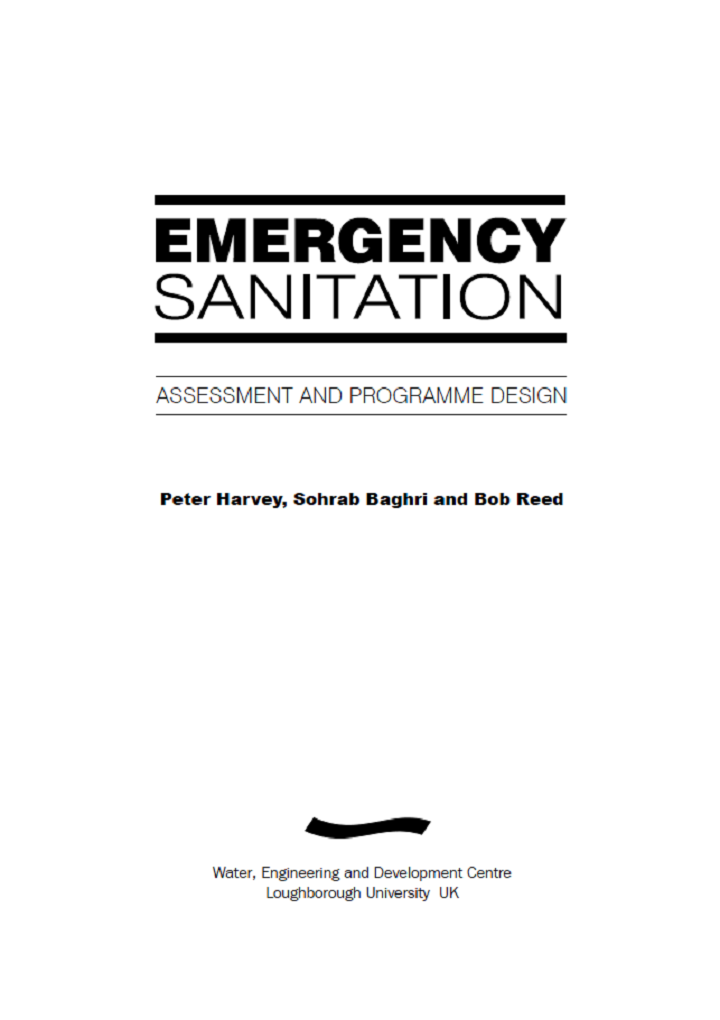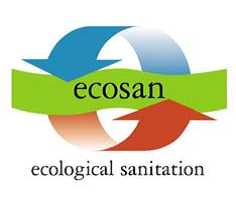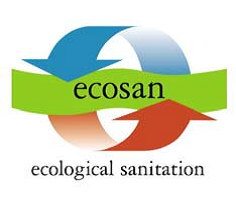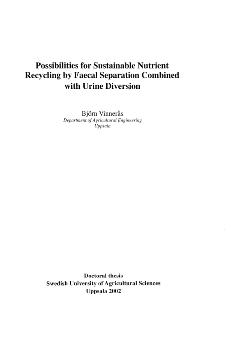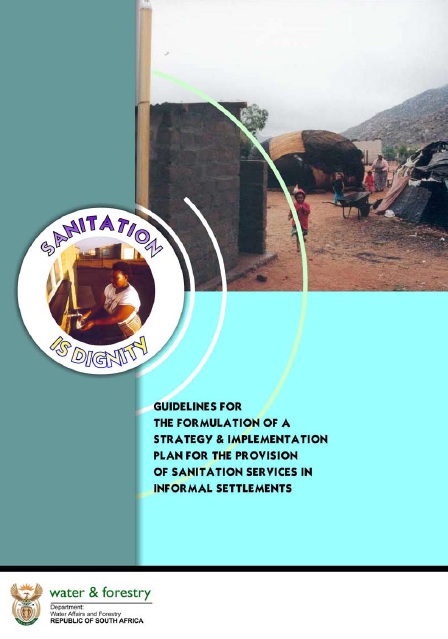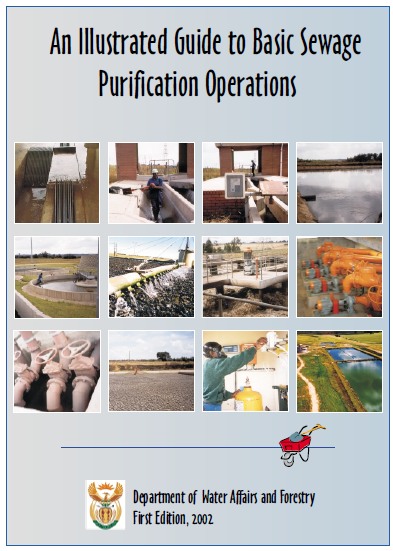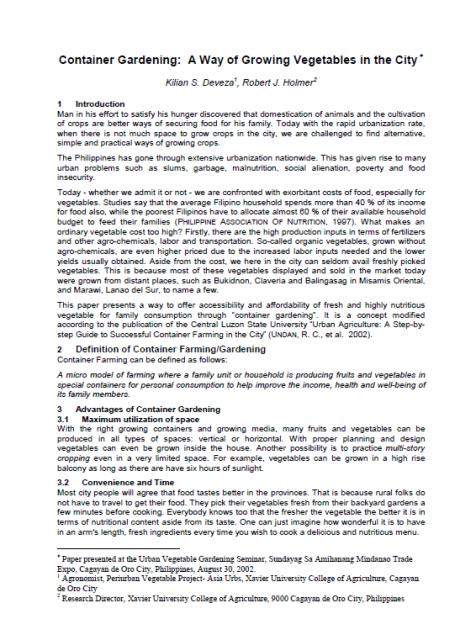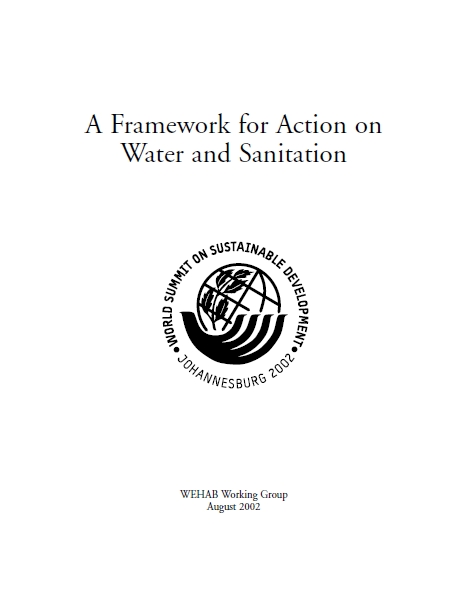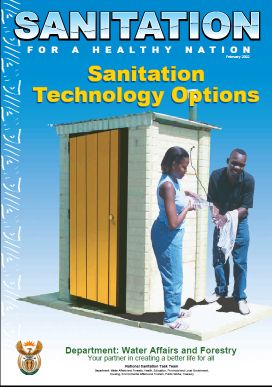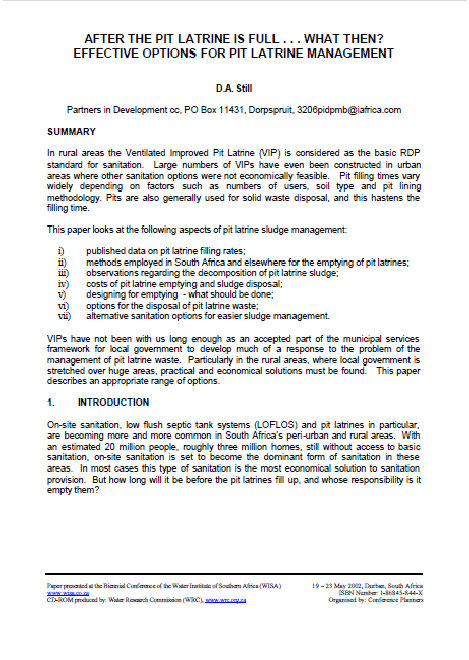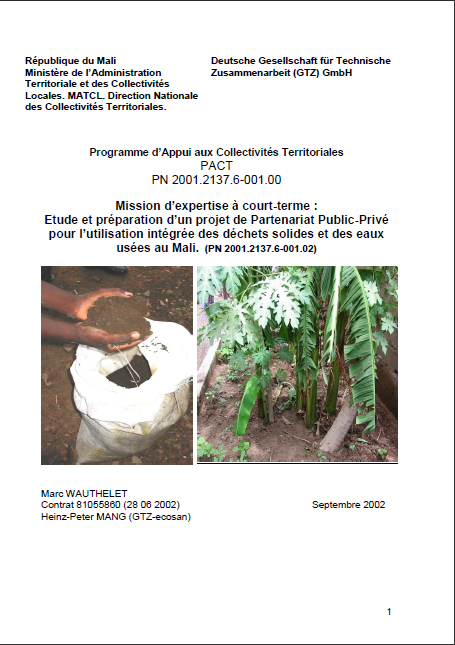Searching for information on Sanitation Workers?
The Sanitation Workers Knowledge + Learning Hub is the best source for all current news, trends, articles and updates on sanitation workers rights around the world.
To address the need for innovative approaches to diarrhea prevention in developing countries, we conducted two studies in Zambia to compare the effect of social marketing alone (SM) with social marketing plus motivational interviewing (SM+MI) on the adoption and continued use of a household-based water chlorination and storage intervention called the safe water system (SWS). In Study 1, we …
The purpose of this book is to increase the effectiveness of relief works in providing humanitarian assistance during an emergency. To achieve this purpose, the book provides practical information relevant to the field workers, with a minimum of supporting theoretical background. The book does not aim to set out specific policy guidelines relating to humanitarian assistance- each agency will have …
In the treatment of Finnish surface waters, the main objective is to reduce natural organic matter (NOM) before the water is disinfected. In many treatment plants, granular activated carbon (GAC) filtration is applied for the enhanced removal of NOM after conventional treatment. The aim of this study was to assess the performance of two-step GAC filtration in NOM removal from cold humic lake …
Absolutely pure water is rarely, if ever, found in nature. The impurities occur in three progressively finer states - suspended, colloidal and dissolved matter. Different methods of treatment are required for their removal or
reduction to acceptable limits. Coagulation, Flocculation and Clarification, as well as Filtration are
interdependent stages of the solids separationphase of water …
A large fraction of the World's population around 1.1 billion people - does not have access to improved sources of water. For many others, contamination of water during transport and in the household presents a significant health risk. For this segment of the world's population, use of effective technologies for household water treatment and storage is likely to have direct beneficial effects in …
Water is essential to man, animals and plants. Without water life on earth would not exist. From the very beginning of human civilization, families have settled close to water sources, along rivers, beside lakes or near natural springs. Indeed where people live, some water is normally available for drinking, domestic use, and possibly for watering animals. This does not imply that the source is …
Arsenic is widely distributed element in the earth’s crust and ranks twentieth in elemental presence. As a Group V element, arsenic exhibits a broad range of chemical reactivity and it is commercially used in alloys with lead. Arsenic in natural water has been reported from several countries including Bangladesh, China, Chile, Ghana, India, Nepal, Rumania, Taiwan, USA and Vietnam. In India, …
Sewers are commonly referred to according to the type of wastewater that each transports. For example, storm sewers carry stormwater; industrial sewers carry industrial wastes; sanitary sewers carry both domestic sewage and industrial wastes. Another type of sewer, known as a combined sewer, is prevalent in older communities, but such systems are no longer constructed. Combined sewers carry …
Perceptions of what constitutes an ‘emergency’ vary between personnel and between organisations. Generally, an emergency may be considered to be the result of a man-made and/or natural disaster, whereby there is a serious, often sudden, threat to the health of the affected community which has great difficulty in coping without external assistance.
This book has been written to help all …

